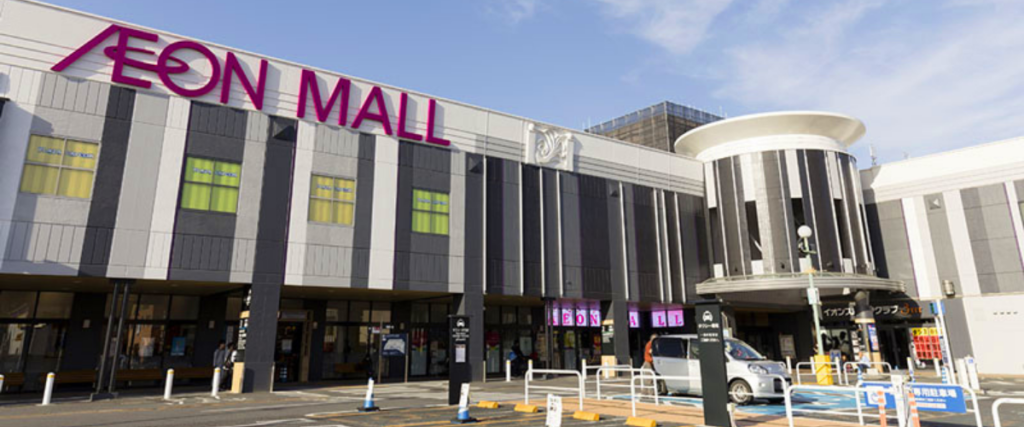Japanese shopping centre chain Aeon Mall aims to power over 160 malls in Japan with 100% clean energy by 2040. Parent company Aeon currently accounts for nearly 1% of all electricity usage in Japan.
Aeon Mall, a Japanese shopping centre chain, has committed to power over 160 malls in Japan with 100% renewable energy by fiscal 2040. The company will accomplish this by purchasing solar power and generating its own electricity. This shift will begin in 2022 by setting up solar panels at Aeon Mall locations, and installing batteries to ensure a steady power flow. Additionally, the company will be signing corporate power purchase agreements (PPAs), which are long-term contracts whereby the user buys all output from a clean energy producer.
Parent company Aeon, the country’s top retail group, accounts for almost 1% of Japan’s total electricity consumption, while Aeon Mall accounts for 0.2% of the country’s total, using around 2 billion kilowatt-hours a year. This initiative may be a step forward in encouraging other corporations to push forward decarbonisation.
The mall group will also look to the community to forward its clean energy initiatives. Starting this year, customers will receive shopping points if they supply surplus electricity from their own home solar power system via electric vehicles.
Other renewable energy sources will also be used, such as wind, biomass, and hydrogen. Aeon is considering making investments in the clean energy field by, for instance, acquiring land for power generation.
Aeon is now a member of the RE100 global initiative for 100% renewable energy consumption, aiming for a net-zero greenhouse gas emission level from its various business ventures by the fiscal year 2040, including Aeon supermarkets.
Other companies in Japan’s retail sector are also making a shift towards clean energy. For example, Seven & i Holdings, the parent company of 7-Eleven, has begun procuring energy from Nippon Telegraph and Telephone’s solar power business in 2021. Other convenience store chains are following suit – Lawson is set to receive solar power generated by the company behind it, trading house Mitsubishi Corp. this year.
Most other companies in Japan are attempting to show their involvement with clean energy efforts by purchasing electricity via non-fossil fuel energy certificates, proving that the electricity is generated from a renewable source, but several have complaints, claiming that the process is complicated and expensive.
Featured banner image credit: aeonmall.global
Related Articles
Your Guide to AgriTech in Japan
Where APAC Stands in the Race to Global Carbon Neutrality
6 Lessons the World Can Take From APAC’s Renewable Energy Success





